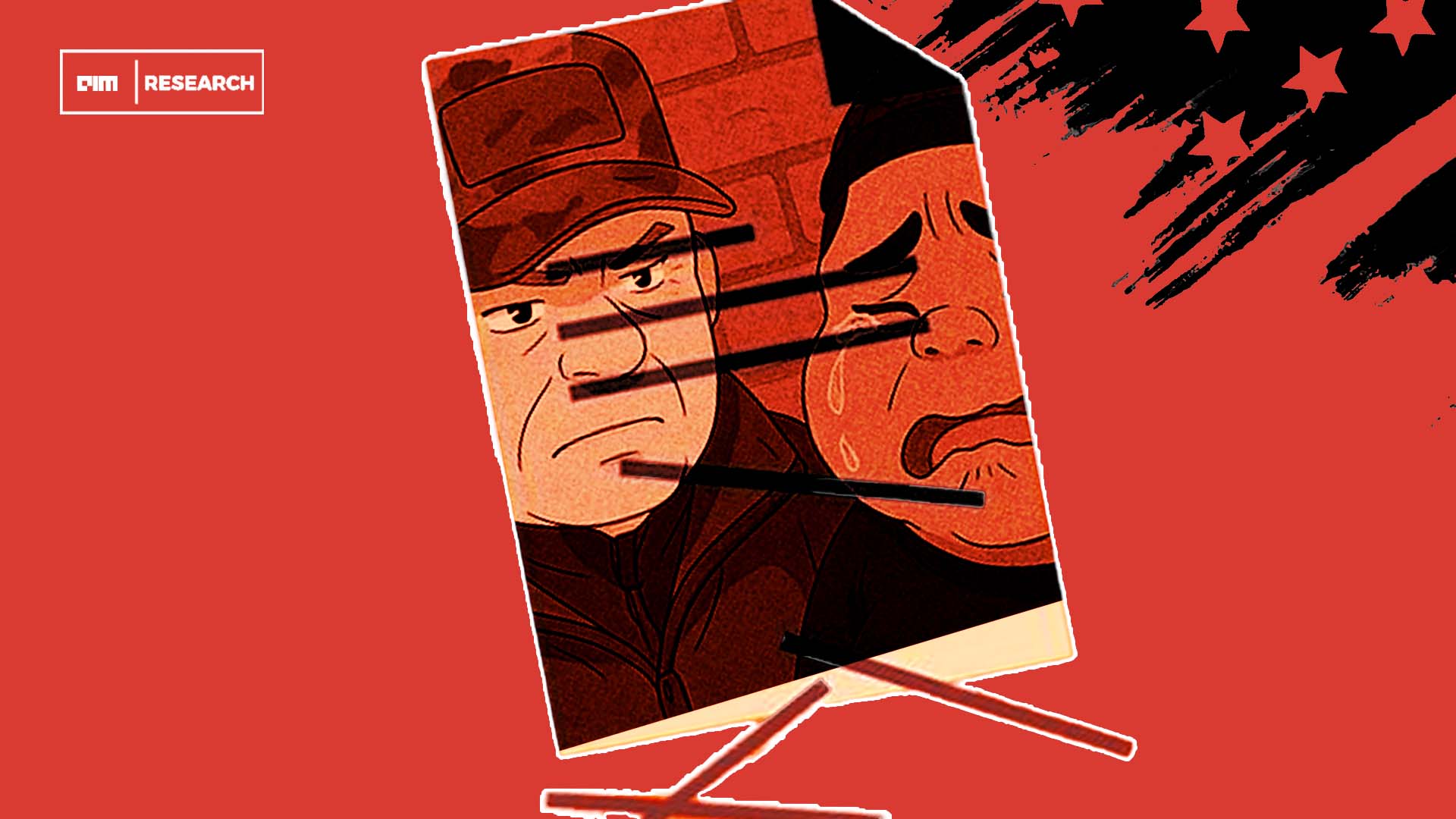
Positron AI Claims They’re Going Head to Head With Nvidia
- By Anshika Mathews
- Published on
We’re going head-to-head with what’s currently the second-largest company in the world—Nvidia.


“We’re going head-to-head with what’s currently the second-largest company in the world—Nvidia,” says Thomas Sohmers, founder of Positron AI. The startup, founded in early 2023, has taken direct aim at Nvidia’s dominance in AI hardware, specifically in the expanding field of generative AI inference. Positron AI, founded in early 2023, has positioned itself as a challenger by focusing on transformer models and offering unmatched performance per dollar and per watt.
When Sohmers and his team launched Positron, they saw an opportunity to specialize in transformer model inference, a domain where traditional GPU systems, including Nvidia’s, face inefficiencies. “From the very beginning of the company, philosophically, we wanted to have these really small, iterative goals,” says Sohmers. This approach allowed the company to rapidly prototype and ship hardware that addresses the specific bottlenecks in transformer-based AI workloads.
Their flagship product, the Atlas, exemplifies this focus. Housing eight Agilix 7M series FPGAs, the Atlas system delivers a 2x improvement in performance per dollar and a 3x improvement in performance per watt compared to Nvidia’s incumbent systems. The use of FPGAs has been pivotal. Unlike companies locked into years-long ASIC development cycles, Positron’s FPGA-based approach has enabled rapid iteration and deployment. “We started in April of 2023 and began shipping our first product in August of 2024—an 18-month turnaround that’s almost unheard of in hardware startups,” Sohmers notes.
In October 2024, Positron released performance data comparing its technology to Nvidia’s. Two Nvidia SXM5 H100 devices were benchmarked against Positron’s FPGA cards, revealing that Positron’s cards were 70% faster, consumed one-third the power, and cost half as much. “Overall, that comes out to being about 3.6x performance per dollar and performance per watt advantage,” Sohmers explains.
Looking ahead, Positron plans to release the Atlas V2 by December 2024, aiming for a 1.77x performance gain over Nvidia’s H100 and up to 3.3x performance per dollar improvement over Nvidia’s upcoming Blackwell B200. These claims, validated through internal and third-party testing, underscore Positron’s confidence in its competitive edge. “We’re not just making bold claims. These are numbers validated by third-party customers,” Sohmers asserts.
Despite its early success, Positron faces challenges typical of hardware startups. Convincing investors to back a company directly competing with Nvidia, a tech giant with over 90% market share in AI compute, is no small feat. As Sohmers points out, “Hardware is expensive, and it’s a long game. But the market opportunity is too significant to ignore.” Positron’s focus on compatibility with Nvidia’s ecosystem, particularly the Hugging Face Transformers library, ensures that customers can adopt Positron’s technology without overhauling their workflows—a strategic move to lower the barrier to entry.
The geopolitical landscape also plays a role. While most AI chips are manufactured by TSMC in Taiwan, Positron has opted to partner with Intel-owned Altera, producing its chips in Arizona. This decision not only mitigates risks associated with geopolitical tensions but also aligns with a broader industry shift toward diversifying supply chains. “US production can be cheaper for semiconductors,” Sohmers notes, highlighting the flexibility and cost advantages of working with Altera.
Positron’s rise comes at a time when the industry is clamoring for alternatives to Nvidia’s dominance. Startups like Groq and Cerebras have entered the scene, but Positron’s focus on transformer inference and its pragmatic approach to hardware development set it apart. By leveraging FPGAs, Positron has sidestepped the long lead times and high costs of ASIC development, enabling faster time-to-market and more frequent product iterations. “We’ve adopted a philosophy where even-numbered releases, like our upcoming Atlas V2, add new features and capabilities, while odd-numbered releases focus on performance gains,” Sohmers explains.
The company’s efforts have not gone unnoticed. Positron has secured $125 million in funding to date and is currently raising a Series A round. With 12 customers evaluating its technology and one production customer already onboard, Positron is steadily building traction. “We’re now working with a dozen customers, some remotely and others with physical hardware in hand,” Sohmers shares.
Positron’s journey underscores a critical shift in the AI hardware market. By offering a viable alternative to Nvidia’s GPUs, the startup is challenging the status quo and encouraging competition in a space that has long been dominated by a single player. While the road ahead is fraught with challenges, Positron’s strategic focus on transformer models, its rapid development cycle, and its emphasis on performance efficiency position it as a serious contender.
As Sohmers aptly summarizes, “We’re very specifically focused on generative AI inference—transformer models-based inference. The more technical definition of that is we’re really focused on the T in ChatGPT, a transformer. We fundamentally thought that transformers and this new generative AI craze were going to completely change computing. And so far, it’s paying off.”
📣 Want to advertise in AIM Research? Book here >
Cypher 2024
21-22 Nov 2024, Santa Clara Convention Center, CA
A Vendor Briefing is a research tool for our industry analysts, and an opportunity for a vendor to present its products, services and business strategies to analysts who cover the vendor specifically or a related technology or market.
AIM Research encourages technology vendors and agencies to brief our team for PeMa Quadrants, when introducing a new product, changing a business model, or forming a partnership, merger, or acquisition.


